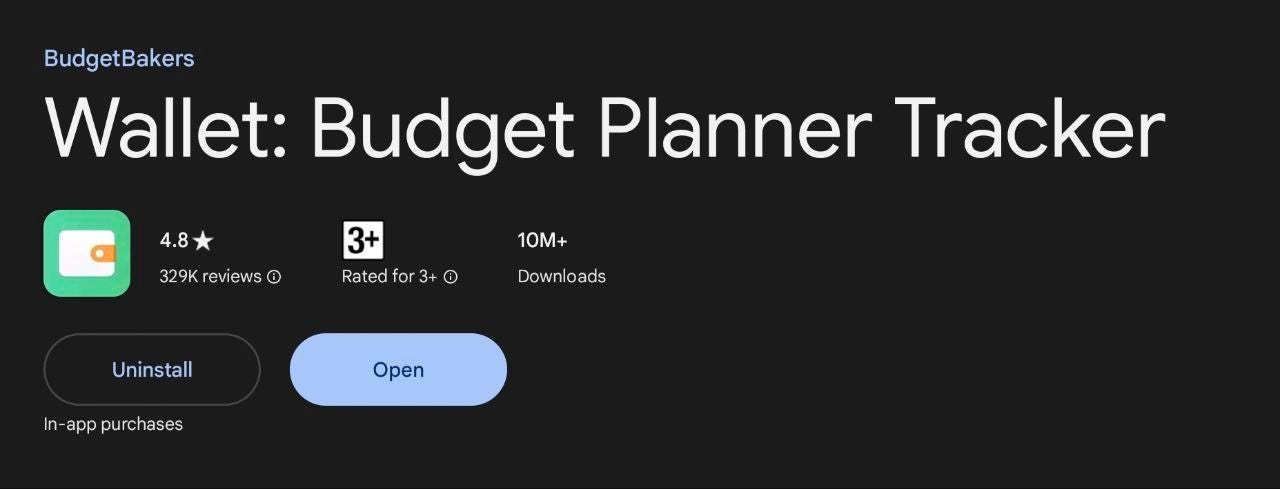The Secret to Financial Freedom? It's Simpler Than You Think!
90-Day Challenge: Day 5 of 90

Financial freedom is a goal many of us aspire to, a state of being where money is no longer a source of stress or limitation. But how do we get there? It starts with awareness, discipline, and a conscious approach to our finances.
This week, I want to focus on a fundamental step that often gets overlooked: tracking your spending.
Why Track?
Simply put, what gets tracked, gets managed. By diligently monitoring where your money goes, you gain valuable insights into your spending patterns. You'll quickly identify areas where you might be overspending or making unnecessary purchases. This awareness is crucial for taking control of your finances and building a solid foundation for financial freedom.
Discipline is Key
Tracking your spending requires discipline. It can be tedious, but it's a necessary step towards financial mastery. Think of it as a financial health check-up. Just as you track your steps or calories to improve your physical well-being, tracking your spending helps you understand and improve your financial health.
Finding Your Tracking Style
The good news is, there's no one "right" way to track. Whether you prefer the old-school method of pen and paper, a detailed spreadsheet, or a handy app, the key is consistency. Choose a method that you're comfortable with and stick to it.
Separate Business and Personal
To gain a clear picture of your financial situation, it's crucial to separate your business income and expenses from your personal ones. This allows you to analyze each area independently and make informed decisions about your spending and saving habits.
My Personal Recommendation
I personally use the Wallet app by BudgetBakers (Note: this is not sponsored post). It's a paid app, but the features are worth the investment. You can connect your bank accounts (if you're based in the Philippines, you can connect BPI or BDO) and credit cards, allowing the app to automatically track your transactions. This saves a lot of time and effort compared to manual tracking.
From Tracking to Transformation
After a month of consistent tracking, you'll have a wealth of information about your spending habits. This is where the real magic happens.
Assess your financial situation: Are you spending more than you earn? This is a critical insight that will guide your next steps.
Create a budget: Based on your spending patterns, create a realistic budget that aligns with your income. Analyze each spending category and identify areas where you can adjust.
Track against your budget: Continue tracking your spending in the following month, this time comparing it to your budget. This will help you stay on track and make necessary adjustments.
Develop spending discipline: The goal is to spend within your means and create a surplus that you can save. This requires conscious decision-making and a commitment to financial responsibility.
The Path to Financial Freedom
Tracking your spending is just the first step on your journey to financial freedom. In future posts, we'll explore how to make your savings grow, generate passive income, and build a secure financial future.
Join the conversation: What are your favorite methods for tracking spending? Share your tips and experiences in the comments below!
Peace.✌️ Love you all.😍


